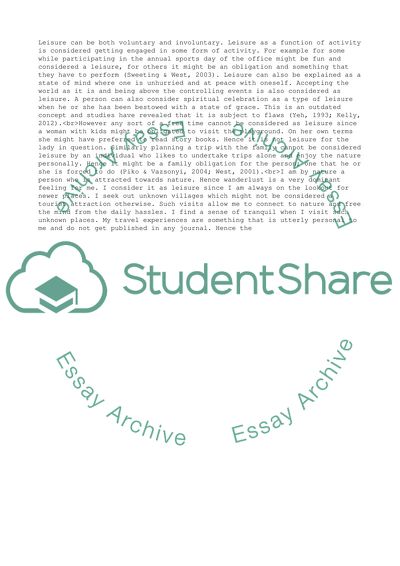Cite this document
(Reflective Essay Example | Topics and Well Written Essays - 1500 words - 12, n.d.)
Reflective Essay Example | Topics and Well Written Essays - 1500 words - 12. https://studentshare.org/management/1837518-reflective-essay
Reflective Essay Example | Topics and Well Written Essays - 1500 words - 12. https://studentshare.org/management/1837518-reflective-essay
(Reflective Essay Example | Topics and Well Written Essays - 1500 Words - 12)
Reflective Essay Example | Topics and Well Written Essays - 1500 Words - 12. https://studentshare.org/management/1837518-reflective-essay.
Reflective Essay Example | Topics and Well Written Essays - 1500 Words - 12. https://studentshare.org/management/1837518-reflective-essay.
“Reflective Essay Example | Topics and Well Written Essays - 1500 Words - 12”. https://studentshare.org/management/1837518-reflective-essay.


